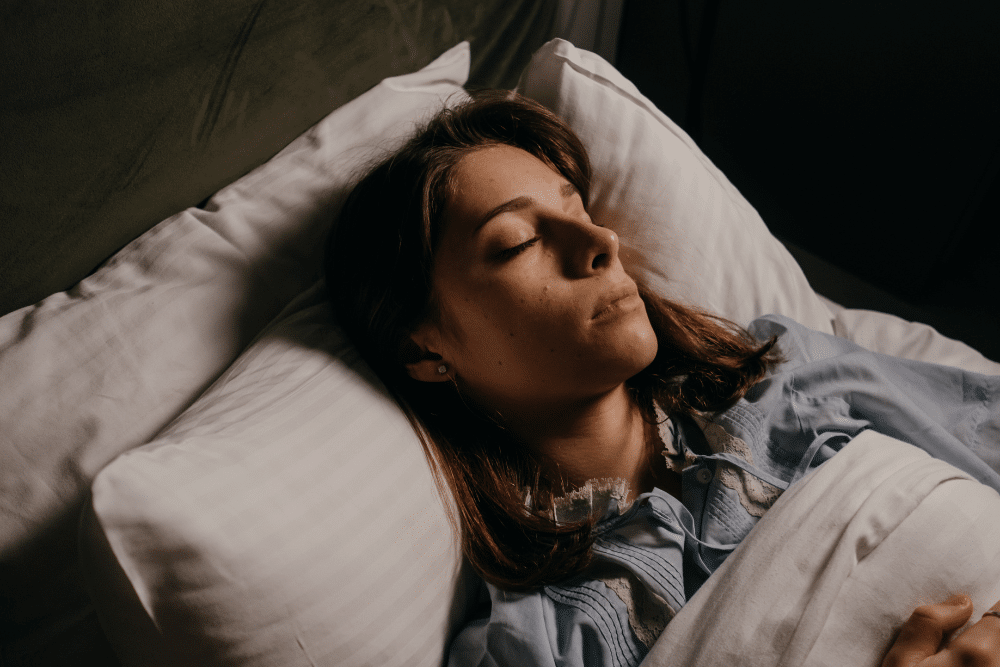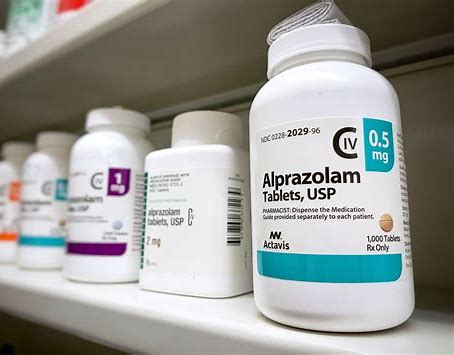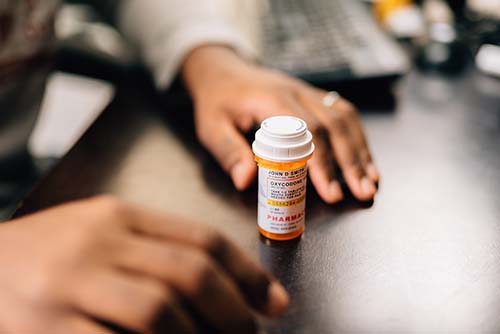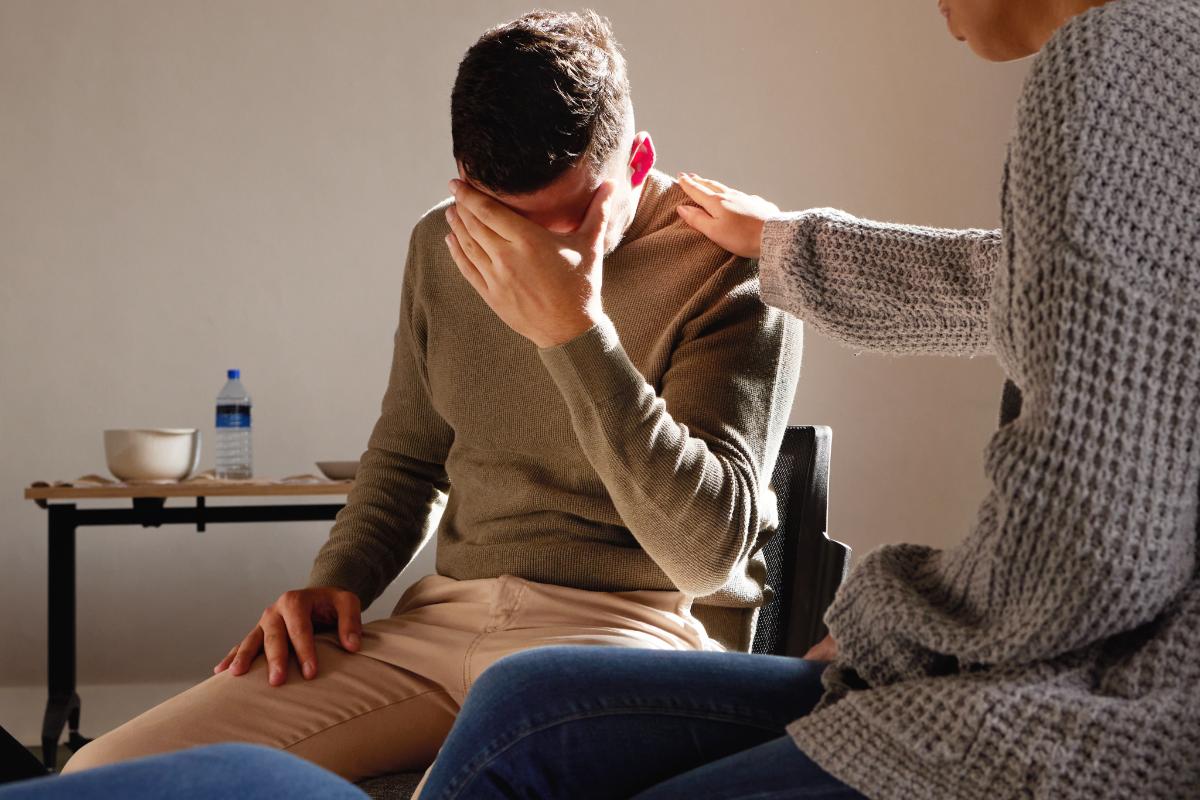Opioid addiction is a severe problem that affects millions of people worldwide. The road to recovery can be challenging and painful; for many, withdrawal from the drug is a significant hurdle.
At Genesis, we understand how complex this process can be and hope to provide helpful information and support to those going through it. This post will answer some of the most frequently asked questions about opioid withdrawal and provide tips for managing symptoms.
Question 1: How Long Does It Take to Get Over Opiate Withdrawal?
The length and severity of withdrawal symptoms can vary depending on the amount, frequency, and duration of opioid use. Generally, withdrawal symptoms can last anywhere from several days to several weeks.
The acute withdrawal phase, where symptoms are most intense, typically lasts three to five days. However, psychological symptoms, such as depression and anxiety, can persist for months. It’s important to note that every individual is different, and the length of withdrawal will depend on many variables.
Question 2: How Do You Sleep During an Opiate Withdrawal?
When going through an opiate withdrawal, getting a good night’s sleep can be difficult. This is because withdrawal symptoms—such as anxiety, nausea, and muscle aches—can make sleeping difficult. However, some tips you can try may help make it easier for you to rest at night.
Tips for getting better sleep during opiate withdrawal:
- Establish a regular sleep routine, and go to bed at the same time each night.
- Avoid caffeine, alcohol, nicotine, and other stimulants in the evening.
- Exercise regularly throughout the day.
- Take hot baths or showers before bed to help relax your muscles.
- Create a peaceful environment in your bedroom, such as dim lighting and soft music.
- Avoid watching TV or using your phone in bed.
- Talk to your doctor about medications that might help with insomnia or anxiety.
By following these tips, you can hopefully get more restful sleep during an opiate withdrawal. While sleeping won’t make the withdrawal process any easier, accepting where you are at in the process and that this stage is only a temporary step on the path to success is vital.
Getting enough rest can help you cope with the symptoms and have more energy during the day. If you are having trouble sleeping, talk to your doctor for further advice. We understand how difficult this is, but you can make it through the withdrawal process with some serious effort.
Question 3: What Are the Symptoms of Opiate Withdrawal?
Opiate withdrawal can be an incredibly uncomfortable experience, and many individuals may feel overwhelmed by the process. Withdrawal symptoms vary in severity and type from person to person, but there are some common signs you should pay attention to if you suspect opiate use or addiction. Understanding the symptoms of opiate withdrawal can help you identify potential issues early on and seek treatment before they become serious.
Here are some common signs of opiate withdrawal:
- Nausea and vomiting
- Sweating, chills, and shaking
- Difficulty sleeping or insomnia
- Muscle aches and pains
- Anxiety or restlessness
- Depression or irritability
- Increased heart rate
With time, patience, and dedication, opiate withdrawal can become just another chapter in your life story. Remember, opiate withdrawal is a process, and everyone’s recovery journey is different. With the right support system and commitment to self-care, you can make it through this challenging time and come out stronger on the other side.
Question 4: How Do I Endure the Pain of Opiate Withdrawal?
One of the most challenging aspects of recovering from opiate addiction is enduring the pain of withdrawal. Withdrawal can be an intense and uncomfortable experience, but there are ways to ease the discomfort and make recovery more manageable.
Here are some tips for managing the pain of opiate withdrawal:
- Take over-the-counter medications such as ibuprofen or acetaminophen to help manage pain.
- Try relaxation techniques such as deep breathing or progressive muscle relaxation to help cope with discomfort.
- Engage in physical activity to keep your mind and body occupied and to reduce stress.
- Reach out for support from family, friends, or a therapist. Having someone there for you can make it easier to get through tough times.
- Stay hydrated and eat healthy foods to nourish your body and maintain energy levels.
If you are struggling, don’t hesitate to seek help and support from those around you. You are not alone in this journey.
Question 5: Can You Withdraw From Opioids Cold Turkey?
It’s never a good idea to attempt to withdraw from opioids cold turkey, as this can lead to severe symptoms and complications. In severe cases, opioid withdrawal can result in delirium tremens or seizures, which require immediate medical attention. It’s essential to work with a medical provider to develop a plan for tapering off opioids to help alleviate withdrawal symptoms gradually and safely.
Question 6: How to Deal With Depression From Opiate Withdrawal?
Dealing with depression from opiate withdrawal can be a challenging and daunting experience. Fortunately, there are many things that one can do to cope with the feelings associated with coming off of an opioid-based medication or illicit drug. With determination and dedication, it is possible to manage your depression while in recovery from an addiction to opioids.
Tips for Coping with Depression from Opiate Withdrawal:
- Get plenty of restful sleep and exercise regularly
- Talk to a therapist, friend, or support group
- Eat a balanced and nutritious diet
- Explore ways to reduce stress, such as meditation or yoga
- Participate in activities that bring pleasure
- Avoid using other substances such as alcohol or drugs to cope
Even though dealing with depression from opiate withdrawal may seem overwhelming, it is possible–and highly recommended–to seek support and resources. Take small steps each day to get closer to feeling better. With the right help, you can manage your recovery and treat your depression.
Your Journey Towards a Better Life Begins with Genesis Medical Detox
Withdrawal from opioids can be a challenging and painful process. However, with the proper support and resources, overcoming addiction and achieving long-term recovery is possible.
At Genesis, we are committed to providing compassionate, supportive, and appropriate medical care to all those in need. If you or a loved one are struggling with opioid addiction, please don’t hesitate to reach out for help. We are here to support you every step of the way.









